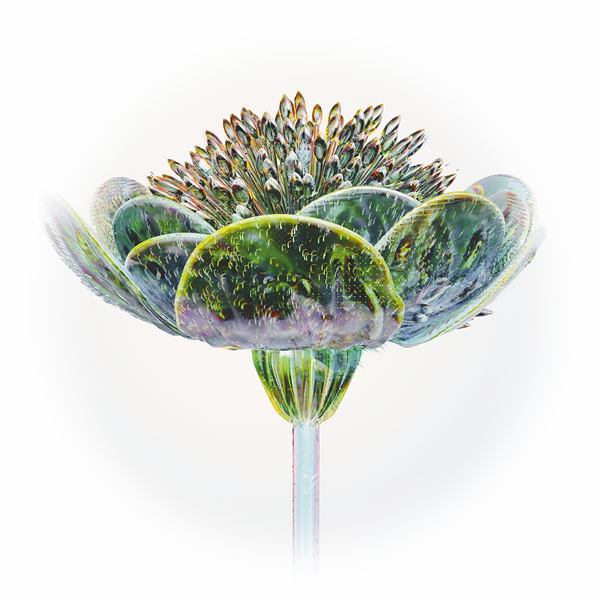Odors are perceived with every breath we take and immediately interpreted by the most ancestral parts of our brain. Our sense of smell thus deeply, yet often unknowingly, shapes the way we live, feel and act. Albeit elusive and ephemeral in nature, scents are particularly known for eliciting vivid, emotionally-infused memories that last a lifetime.
This unique phenomenon, which we have all experienced, has now been explained by neuroscientists: because of its proximity with the limbic system, smell perception has a strong affective component and constitutes the most potent and poignant way of creating and reactivating memories. In the brain, olfactory information indeed travels – faster than any other sensory information – through a zone called the amygdala, which associates the events we experience with emotions, and through the hippocampus, where memories are archived. We thus memorize a smell according to the emotional context in which we smelled it for the first time or in which we smelled it the most. When we encounter it again, it activates the same parts of the brain and revives, unblemished, the emotions and memories.
In psychology, this phenomenon of powerful yet involuntary recollection is sometimes called “Proustian effect,” in reference to French novelist Marcel Proust’s masterpiece, In Search of Lost Time (1913). In one famous excerpt, the narrator is suddenly brought back to his childhood by the flavor of a madeleine dipped in tea:
“When from a long distant past nothing subsists, […] still, alone, more fragile, but with more vitality, […] the smell and taste of things remain poised a long time, like souls, ready to remind us, waiting and hoping for their moment, amid the ruins of all the rest.”
Although many writers have described such olfactory reminiscences prior to and after Proust, his masterful poetic prose remains the most cited reference in the matter.
Additionally, not only is the Proustian effect a great literary device, it also has great potential in the field of medicine. Because smell memories operate differently from voluntary memories driven by verbal cues, have greater emotional intensity and last longer than do visual or auditory memories, scents can be used to help with many conditions. Several researches have for instance shown positive effects of olfactory stimulation on autobiographical memory in patients with neurodegenerative disease such as Alzheimer’s or other forms of dementia.
It is also very likely that the scents we can sometimes dream of are those we know most intimately. The ones that have a deep connection to our personal history, the ones we have smelled a thousand times, and the ones that elicit, in these barbarously-named regions of our brain, the greatest emotional responses.


















